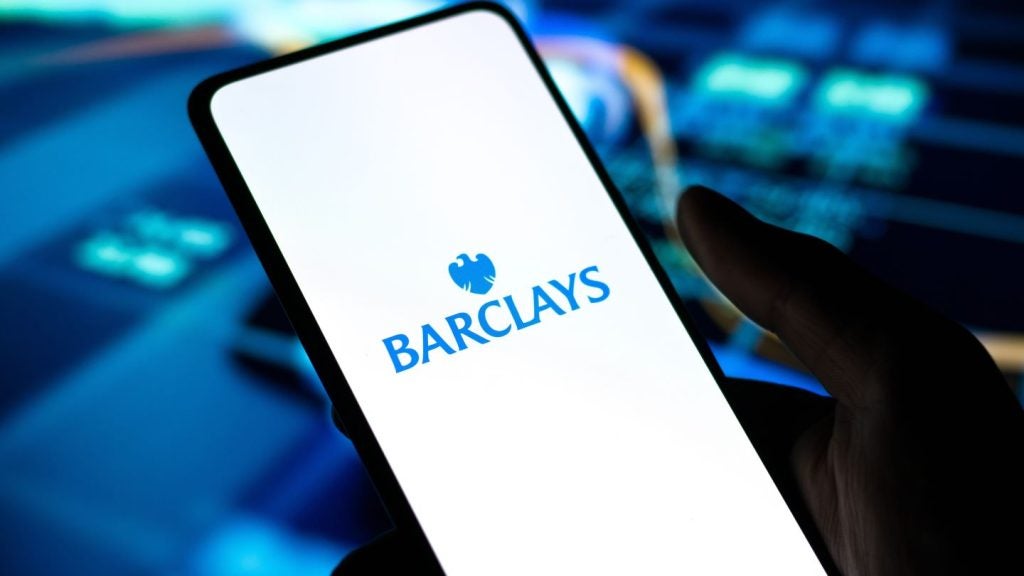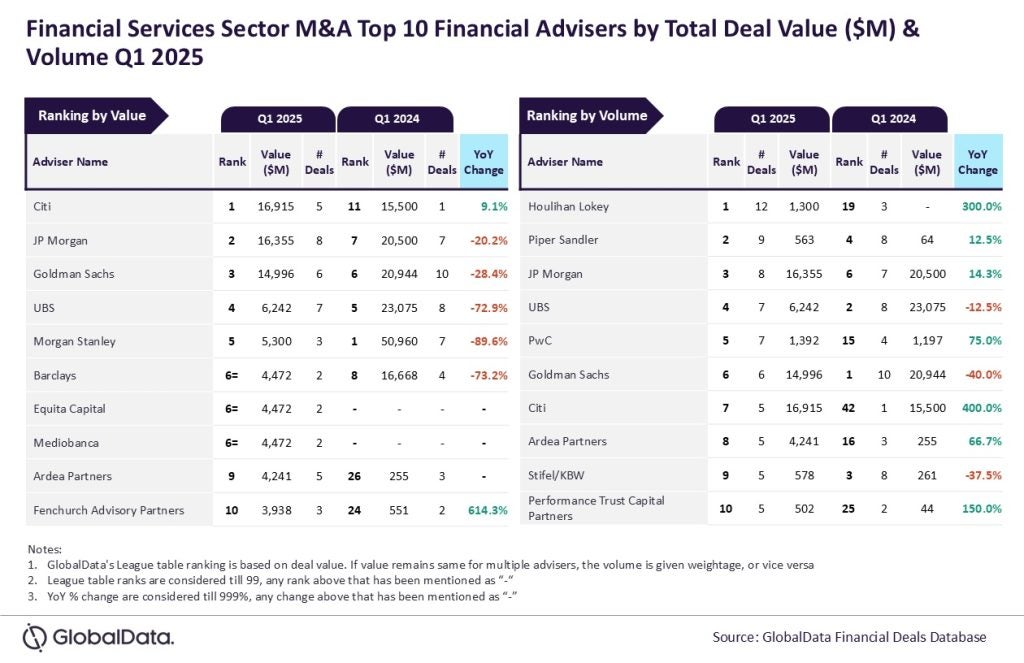
Over 130 countries globally are currently investigating, developing, or have already launched CBDCs. Financial innovation is not limited to central banks. Citigroup’s launch of Citi Token Services and Société Générale’s December 2023 announcement of their bank-issued stablecoin are the most recent examples of how traditional financial institutions are making digital assets an essential part of their service offerings to their clients.
The Universal Digital Payments Network (UDPN)’s new All-in-One Digital Currency Sandbox, launched on 29 February. It enables both commercial and central banks to learn about the latest digital currency technology, test built-in use cases, and develop their own new custom use cases.
The Universal Digital Payments Network was developed with contributions from global IT engineering and solutions provider GFT, decentralised cloud infrastructure company Red Date Technology, and tier-one financial service providers.
The Sandbox will help financial institutions prepare for the new digital financial world and build innovative new services. It was built based on the insights from the UDPN team’s work over the past year. This includes over 25 global commercial banks, central banks, and technology companies.
The financial infrastructure of tomorrow
Marika Lulay, GFT’s CEO, said: “With the All-in-One Digital Currency Sandbox, we are making a significant leap in digital currency deployment. Banks receive a robust arena for innovation and partnership. Our dive into diverse digital currency technologies marks a shift from mere exploration to crafting tomorrow’s financial infrastructure. For GFT, UDPN has great strategic significance, as it will, in the long run, unlock new revenue streams for GFT and further diversify our business model.”
Carlton Hopper, UK Managing director, GFT added: “Today’s news comes at a time when countries and economies are prioritising a shift towards digital currencies. With the reality of a digital currency fast approaching, banks need a safe environment in which to demo and test how they will work with CBDC systems. We’re confident that the new sandbox will provide the secure environment for firms to test their systems and accelerate the benefits that will arise from embracing future digital currencies.”
A secure environment for digital currency development
The Sandbox aims to provide both commercial banks and central banks the technology they will need for digital currencies. It offers a secure environment that banks can control and provide permissioned access to other institutions in their ecosystem.
The UDPN Sandbox has the full range of digital currency technologies. These include retail CBDC, wholesale CBDC, tokenised deposits, stablecoins, purpose-bound money, and security and bond tokenisation systems. The Sandbox includes complete retail CBDC systems for banks to test quota management, issuance, circulation, third-party access APIs, and wallet and transaction management.
The UDPN team also announced Project Kissen, a fully developed cross-border multiple wholesale CBDC settlement platform deployed on the UDPN. Central banks and commercial banks can participate in Project Kissen through the UDPN Sandbox to explore the power of wholesale CBDC to address the high costs, settlement risks, and low speed of cross-border settlements.
The UDPN enables interoperability between multiple Central Bank Digital Currencies (CBDCs), tokenised commercial bank money, and regulated stablecoins. It aims to drive down payment and foreign exchange costs whilst accelerating the uptake of regulated digital currencies. The programmability of value-added financial services will enable new business models and enhance the efficiency and transparency of cross-border payments. The UDPN is currently exploring real-life use cases with tier-one financial institutions in a series of 12 PoC’s.







